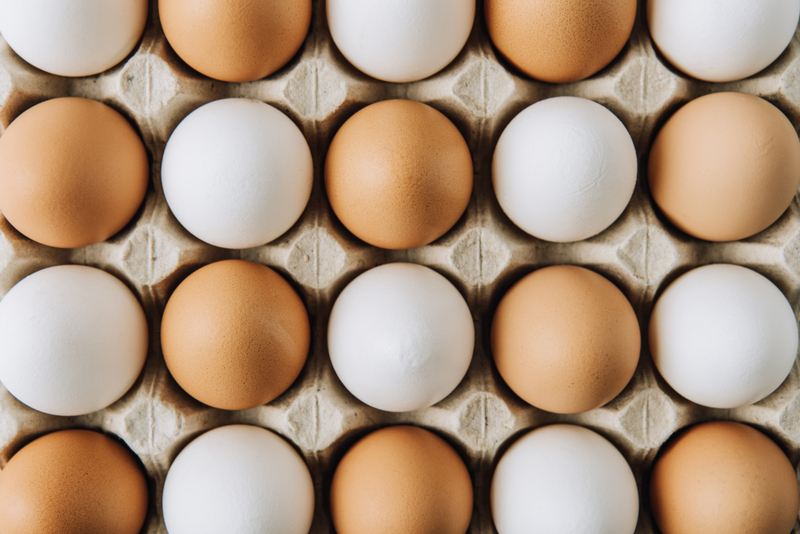
Animal Nutrition
AO-BIOTICS® EQE, a Novel Postbiotic That Generates An Economic Return In Layers
To read more content about AviNews June 2024
Animal Nutrition
To read more content about AviNews June 2024
Content available at:
Indonesia (Indonesian) Melayu (Malay) ไทย (Thai) Tiếng Việt (Vietnamese) Philipino
Across the globe, egg production is gaining popularity and importance, mainly fuelled by increasing egg consumption. However, there are some challenges that producers need to overcome to fulfil consumer demands and remain profitable.
The most urgent challenges are related to:
Maintaining normal physiology and good health of the laying hen is essential to produce high-quality eggs for longer periods of time.
Dietary interventions like the feeding of fermented feeds, fibre, probiotics, prebiotics and postbiotics are acceptable means for influencing the gut microbiota and its metabolic activity.
In laying hens, the inclusion of postbiotics in the diet to maintain and improve productivity and egg quality has been researched. This research has led to the development and commercialization of a new product, AO-Biotics® EQE (Egg Quality Enhancer).

AO-Biotics® EQE is a fungal postbiotic produced using patent-pending technology and specifically indicated to improve the number of sellable eggs, egg mass and productive lifespan of laying hens.
The results, along with numerous field trials under commercial conditions, demonstrated that the inclusion of AO-Biotics® EQE, on average:
Do the benefits of adding AO-Biotics® EQE significantly outweigh the costs? The short answer is yes.
Generally, the more eggs a layer operation can produce, the greater the profit potential.
It is well-known that egg production is influenced by a variety of factors, including the quality of feed, the environment in which the hens are kept and the health of the flock.
Those factors can impact:
Which can, in return, impact revenue and profitability.
Furthermore, high cumulative mortality leads to big economic losses.
To maximize profitability, egg producers must strive to optimize the productivity of their hens, increase the survivability rate and maintain or improve the eggshell quality, helping the animals produce more sellable eggs.
To achieve this, producers need to apply a high-quality management system, which might include the incorporation of a well-proven postbiotic such as AO-Biotics® EQE.
BioZyme®, the producer of AO-Biotics® EQE, has created a to help producers evaluate the potential and advantages of incorporating AO-Biotics® EQE calculator into their feeding programs.
This tool considers the most relevant parameters for egg producers when evaluating the profitability of their operation, including:
It also considers the cost of adding AO-Biotics® EQE to the diet. At the recommended inclusion rate of 50 g of EQE/MT of feed, the total cost will represent less than a 1% increase in the feed cost.
By filling the information described above in the calculator, we can see that the expected benefit of adding AO-Biotics® EQE (more productive shelf life, more egg mass and more salable eggs) to the feeding program, will provide a significant return on investment (ROI).
A practical example would be as follows:
With the parameter exposed above, 36,000 hens will leave the production.
The cumulative mortality would drop to 4.0% (12,000 hens more in the operation producing eggs for a longer time).
Improving the productivity and the productive life span of the flock will be reflected in an improvement in the number of sellable eggs (3% more).
In this case, the improvement in sellable eggs will mean 14 more eggs per hen in production.
Considering this improvement in combination with the savings due to the increased productive lifespan of layers, the producers can expect an ROI of more than 10:1.
Are you egg-cited yet about what AO-Biotics® EQE is worth?
If so, visit biozymeinc.com/additive/eqe/ to learn more about incorporating AO-Biotics® EQE into your operation.
You can also calculate your own ROI based on your input costs using our online AO-Biotics® EQE Economic Return Calculator or by contacting one of our representatives to help you do the economic evaluation.
References upon consultation with the author